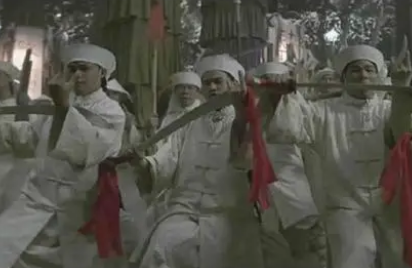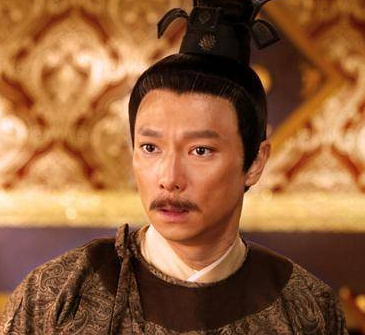The White Lotus Rebellion was a large-scale peasant rebellion, with the number of deaths estimated by some historians as "100 million people". So, how many people died in the White Lotus Rebellion? Let's explore this issue.

Firstly, there is controversy about the specific number of deaths in the White Lotus Rebellion due to inconsistent historical records. Depending on different statistical methods and data sources, the number of deaths in the rebellion ranged from hundreds of thousands to millions. These deaths included civilians who participated in the rebellion, Qing army soldiers, and innocent bystanders.
Secondly, the high number of deaths in the White Lotus Rebellion reflected the deep crisis and contradictions in Chinese society at that time. The rebellion was launched by unemployed and victimized peasants who suffered from oppression by the Qing government and social injustice. At the same time, due to the lack of effective organization and leadership, there were internal conflicts and divisions within the rebel army, which made it difficult for them to compete with the Qing army. In addition, the Qing government also suppressed the White Lotus Rebellion through propaganda and defamation, further exacerbating the failure of the rebellion and the heavy toll of deaths.
Finally, the high number of deaths in the White Lotus Rebellion also reflected the cruelty and tragedy of Chinese history. Although the rebellion failed, it had a profound impact on Chinese history and culture. Through this rebellion, people can see the deep crisis and contradictions in Chinese society, and can also reflect on the governance and social system issues of the Qing government. At the same time, this rebellion also reminds people to cherish peace, oppose war and violence, and create a better future together.
In summary, the number of deaths in the White Lotus Rebellion is a complex issue that requires analysis and discussion from multiple perspectives. Nevertheless, this rebellion is an important event in Chinese history that has had a profound impact on Chinese society and culture. We should learn from its lessons, cherish peace, oppose war and violence, and work together to create a better future.
Disclaimer: The above content is sourced from the internet and the copyright belongs to the original author. If there is any infringement of your original copyright, please inform us and we will delete the relevant content as soon as possible.































